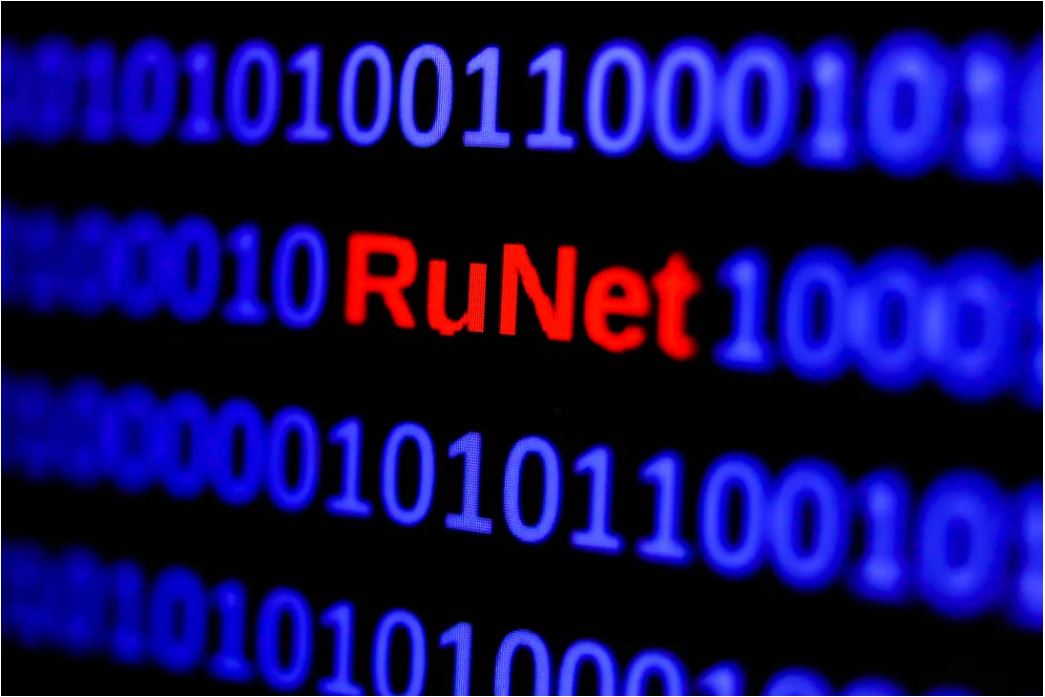Cogent Communications CEO Dave Schaeffer realized he had enormous difficulties even before Russia attacked Ukraine on February 24.
According to Schaeffer’s firm, Russia’s military intelligence has used the internet to execute cyber-attacks, which maintains a large portion of the internet backbone and sells access to it. In addition, the business discovered that some assaults had passed via Cogent’s network.
He was now concerned about more significant assaults on Ukraine, the United States, and the internet as a whole. Moreover, he was worried that Cogent’s network would be used as a conduit for the assaults. So, after many days of deliberation, Schaeffer reached a decision: on March 4, Cogent will cut off Russian clients’ access to the outside internet.
“My biggest worry was that our network may be corrupted and utilized for harmful reasons,” Schaeffer said in an interview.
Cogent’s decision was a watershed moment for the networking sector, which prides itself on its services’ breadth, speed, and dependability. It was especially critical because Cogent is a behemoth, handling about a fifth of all internet traffic. It has a 100,000-mile fiber-optic cable network that connects 51 nations. In addition, the company’s services connect Russia’s carriers to more than 7,500 additional networks run by internet service providers, colleges, governments, and businesses.
Unplugging Russia is a watershed moment in internet history. In general, the internet has infiltrated our life, allowing us to check the weather in Bangkok or hire a car in Corsica. Isolating Russia, which is being imposed on it and imposed on itself, increases the possibility of the global internet fragmenting into a “splinternet” of geographically diverse networks. So far, material filtering through China’s Great Firewall is the most significant move away from the global internet that a sizable country has made.
The action of Cogent isn’t the only thing limiting Russia’s internet presence. A slew of Western corporations has made it harder for Russians to access their services. Russian publishers, for example, have had their ad money cut off by YouTube. Apple and Microsoft ceased product sales, and Adobe’s cloud-based services for creative professionals and advertising were taken down. Lumen Technologies, another multinational network provider, shut down its operations in Russia a few days after Cogent.
Russia has also made steps to limit access to the internet for its population:
- The authorities shut down Facebook, which may have allowed Russians to hear perspectives other than those expressed in state-run media on the invasion.
- On March 14, it intends to turn off Instagram.
- Following Russia’s decision to restrict the service, Twitter embraced the censorship-eluding Tor technology.
Nonetheless, Cogent’s decision to cease service in Russia is one of the most significant. Schaeffer admits that Cogent’s activity reduced network bandwidth to the point that ordinary Russians could not view films from outside the nation. However, he claims that boosting world security was a higher priority.
Cogent has seen “many instances” of Russia’s military intelligence agency, the GRU, hitting internet targets all across the world, though it declined to give specifics. With Russia’s full-scale invasion of Ukraine and the international response that followed, Schaeffer was concerned that lesser Russian strikes might become more serious.
“We were concerned that the size would shift substantially,” he explained.
Cogent’s high-capacity network might be used to carry out online attacks such as distributed denial of service (DDoS) attacks. A targeted website is flooded with so much data that it crashes. Cogent was also concerned about other forms of assaults that may take advantage of their network’s capacity, such as router hijackings.
“These would be state-sponsored strikes,” Schaeffer added, referring to attacks aimed at disrupting the internet on a broad scale.
That’s why, once the firm began attempting to relocate its personnel, Schaeffer advocated disconnecting Cogent’s Russian network links. However, before making the decision and informing consumers on March 3, he solicited opinions from the organization.
“I spoke with a few members of our board of directors. I discussed this with my management team. I spoke with salespeople. “He stated that this included personnel in Ukraine. “After listening to all sides, I concluded that this was the best option to make.”
Cogent then began modifying its network to block each port connected to its Russian network clients, one by one eliminating them from the routing tables that control how data travels across networks. A request for a response from the Russian embassy was not returned.
Although Ukraine has asked for a total shutdown of Russian internet access, internet supporters are opposed to the concept.
“If everyone does this,” said Andrew Sullivan, CEO of the Internet Society, “the internet would become more vulnerable and less integrated.” The Internet Society is a non-profit organization dedicated to ensuring that everyone has access to the internet.
The Internet Corporation for Assigned Names and Numbers, or ICANN, an international agency in charge of internet domains, claims it cannot enforce penalties and expressly condemns activities that politicize the internet. It dismissed Ukraine’s plea to isolate Russia.
Cogent does not desire a splinternet because its business is based on it. But, in Schaeffer’s opinion, shutting down Cogent’s internet connections to Russia causes more minor damage to the internet than a big attack. He’s particularly concerned about an assault on the 13 root servers, which together contain the authoritative addresses of all the internet’s servers. One of them is run by Cogent.
“We’ve seen the GRU try to attack routers that govern the internet,” Schaeffer added, referring to root servers. “We’ve had to harden that router server several times owing to Russian-based threats. If you pulled down all 13, the internet would be rendered worthless in less than 12 hours.”
In the end, Schaeffer and his team determined that defending the internet as a whole is more essential than preserving Russians’ online experience.
According to Schaeffer, isolating Russia “sets a horrible precedent in that you don’t want to fragment the internet.” “However, sending tanks into another country and then threatening to wipe them out with a cyberattack sets a poor precedent.”


